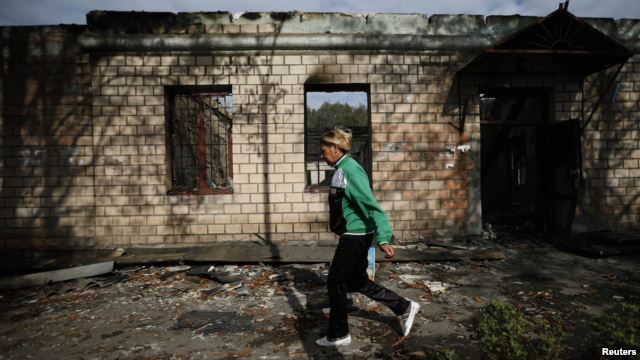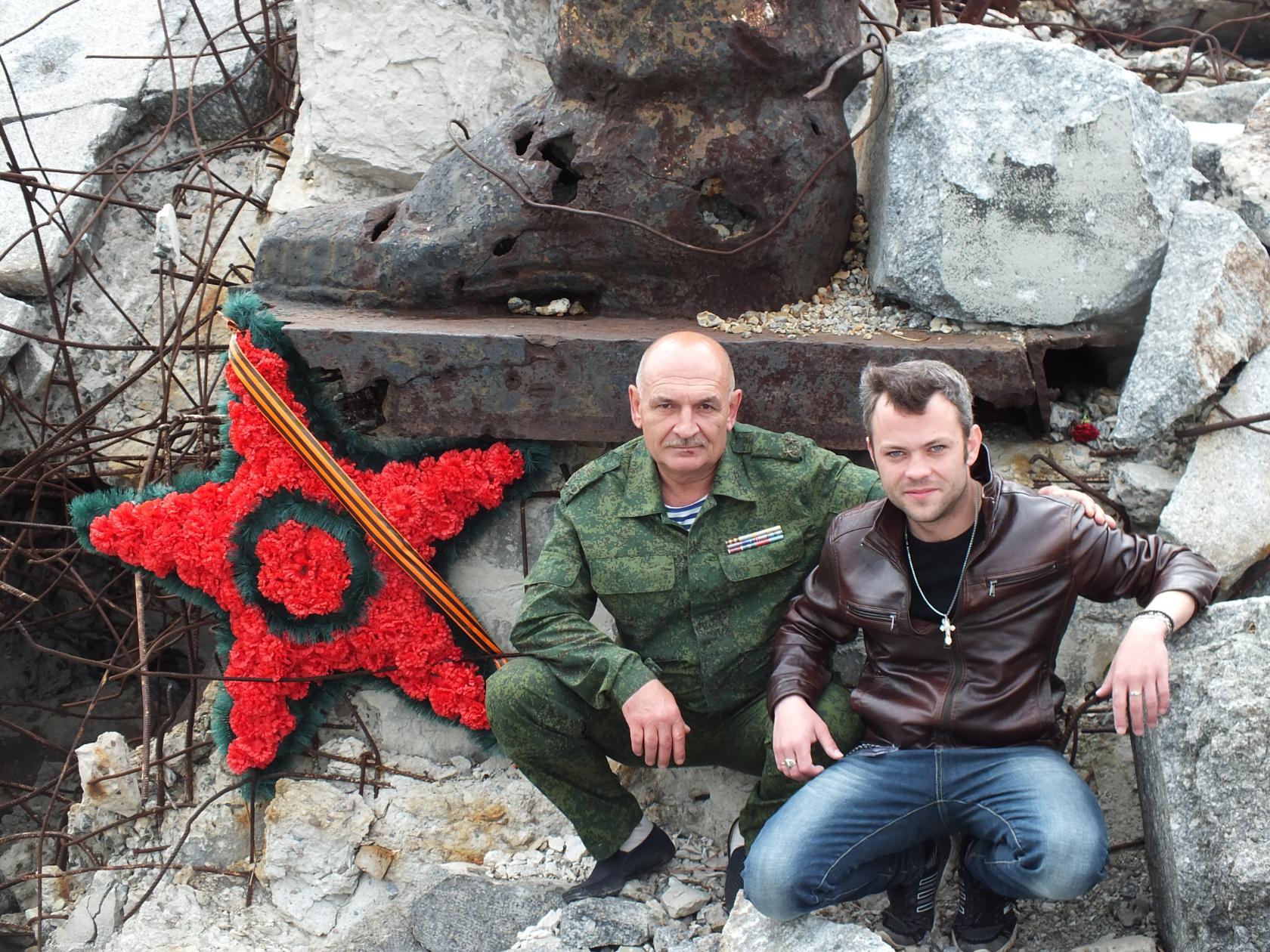I will not pretend to be a great prophet, there are enough ‘prophets of civil war’ without me. Nonetheless, it was intuitively clear to me back in June that all this would not end quickly, and that any kind of war leads to the inevitable destruction of the infrastructure and loss of the means of survival. For city-dwellers, these losses are detrimental, as a city dweller’s survival depends not on whether their cherries had ripened in their orchards, but on whether they get their salary or pension.
The work that brought me my means of survival, disappeared in June. My company shut down.
I decided to find a new job, despite the fact that the city was under shelling. I asked my friends who were able to help. So I acted on my stereotype.
Other hostages of the situation have other stereotypes. For example, a veteran of the Great Patriotic War who lives next to me. Before September he survived on his savings, hoping that his family would help. However, his family moved back in June. In the beginning of December the veteran put on his medals and went to the ‘LNR government’ demanding to be given his pension personally (despite the fact that nobody paid any pensions since July). The ‘government’ shrugged and said they could not do anything.
In August, rumors appeared that a humanitarian convoy was coming from Russia. All the people turned in that direction. They forgot about war. About shelling. All the thoughts and conversations were exclusively about the future humanitarian aid.
The white trucks finally came to the city. The citizens were told that it was easy to receive ‘assistance.’ They just had to come to a distribution point with their passport. Every district was tied to an individual school.
The lines for the ‘assistance’ nearly resorted to murder. The ‘rebels’ with guns maintained order, which is the only reason why everyone survived.
What is this ‘humanitarian assistance’ like? Two kilograms of buckwheat, three cans of meat, half a kilogram of sugar and a pack of tea. I got ‘assistance’ twice. Only because my neighbor lined up for himself and me. To be frank, I would not be able to withstand a line of three hundred people. On the first time.
The second time the line was over seven hundred people. I know this for sure, because they wrote the numbers of people’s hands.
My neighbor took ill in the sun, and I led him away. Then we finally got ‘help,’ three days later.
That’s it.
I don’t know who received ‘assistance’ and how many times. I was told some people had limitless tickets.
Alas, I understood that the energy wasted on receiving ‘humanitarian assistance’ was not compensated by calories given, and I forgot about it.
During the blockade I managed to work at two jobs. One and a half, really, as the second job did not work that well. Then autumn came. Refugees started coming back to the city, schools, hospitals started working, many businessmen resumed their activities.
The businessmen ended up in the best position, as cash from their clients became a definite condition of their activity. I am not talking about other problems for business in Luhansk, but they do exist.
State workers have it worse. In the best case, they got meal packs instead of money, similar to the ‘humanitarian assistance.’ The situation with monetary provisions for those working for the state is suspended in the air, as there is no clarity in regard to the legal status of the schools and hospitals. After the order that Kyiv removes all financial responsibility for the people working in institutions on the territory of Luhansk and Donetsk, state workers cannot count on anything from the government. On the other hand, there are no internal financing sources for state organizations in Luhansk, it would seem. Many continue to work according to all stereotypes – people go to work even though they have not seen money for half a year.
Only God knows how this will end.





